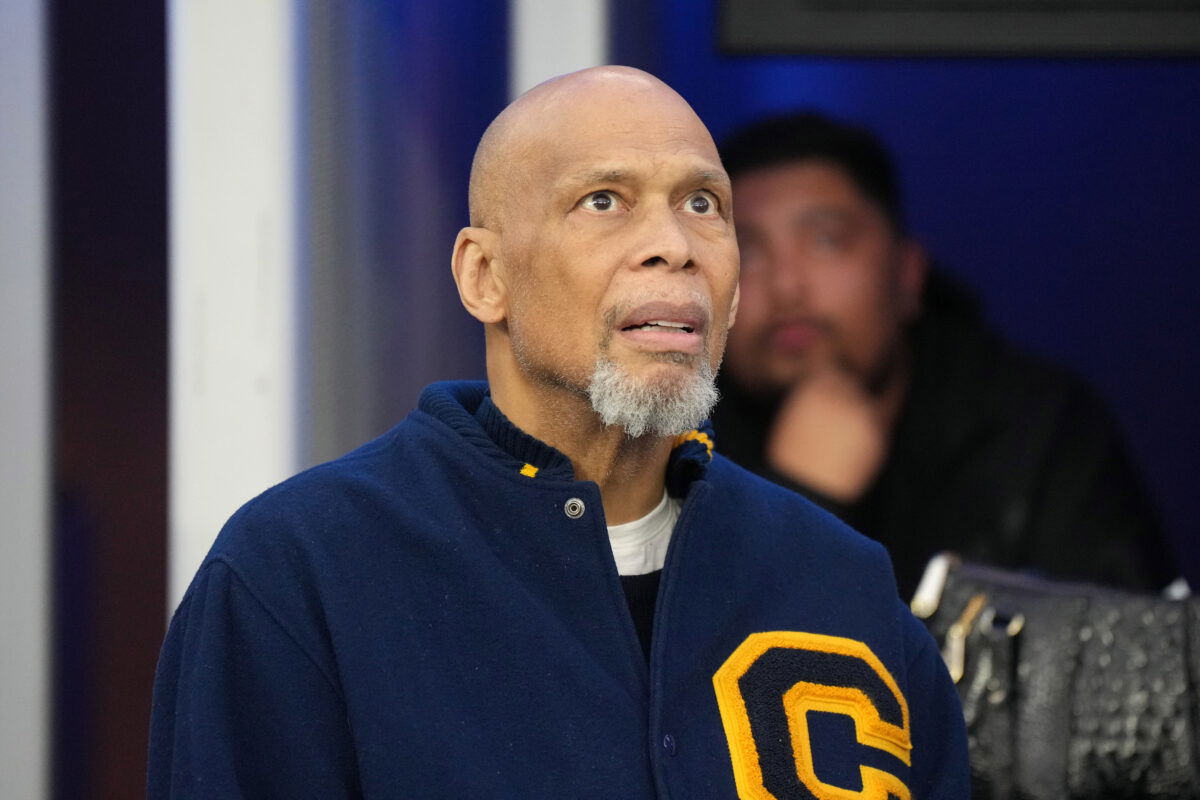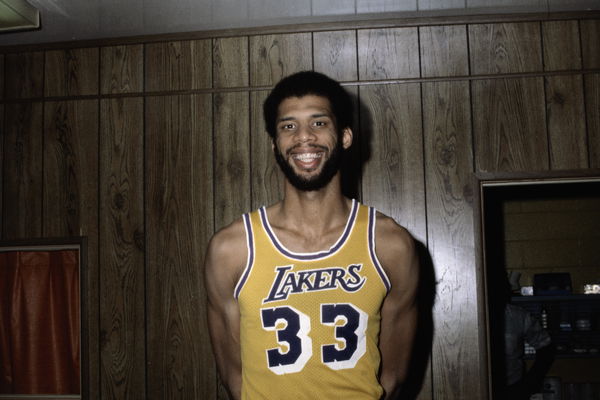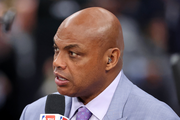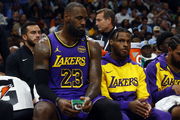
USA Today via Reuters
Dec 3, 2023; Inglewood, California, USA; Kareem Abdul-Jabbar attends the game between the Los Angeles Rams and the Cleveland Browns at SoFi Stadium. Mandatory Credit: Kirby Lee-USA TODAY Sports

USA Today via Reuters
Dec 3, 2023; Inglewood, California, USA; Kareem Abdul-Jabbar attends the game between the Los Angeles Rams and the Cleveland Browns at SoFi Stadium. Mandatory Credit: Kirby Lee-USA TODAY Sports
Long before he became the icon of the sport, Kareem Abdul-Jabbar always wanted to fight for the right. On January 15, he shared a 1965 snapshot with Dr. King—smiling under a tent—reminding followers of his first act of public protest. As a student in Columbia’s journalism prep school, his priority, he joked, was simply ‘not to pass out’ when Dr. King spoke. Decades later, and after publishing 20 books, the activism still continues thanks to his heroes.
Watch What’s Trending Now!
To promote his new book, We All Want to Change the World, he flew to Oakland last week. In this, he details his personal journey of standing up for what’s right. At Oakland’s Calvin Simmons Theatre, he reminded attendees that elders are ‘not just here to nap’—they’re living archives. The one-time Time magazine columnist also used the CBS Mornings platform to express more about his ideologies.
During that interview, Kareem Abdul-Jabbar describes how civil rights icons and events—Rosa Parks, Emmett Till, Dr. King, the Harlem race riots—ignited his passion for activism. As Ali’s 1967 Summit galvanized athletes, a 19‑year‑old Lew Alcindor (later Kareem) refused Olympic trials—joining a boycott that spotlighted Black America’s Vietnam War dissent.
ADVERTISEMENT

Imago
(Original Caption) Photo of Kareem Abdul-Jabbar, Los Angeles Lakers center. Filed, 3/25/1980.
“He goes and represents the U.S. in Rome and is outstanding, but he can’t buy a sandwich. They said it wasn’t anything personal, but he couldn’t get served.” Ali was a friend of the Lakers’ legend, which is why this indignity inspired Abdul-Jabbar to become an activist, pushing for equal opportunities. Despite towering NBA success, the 6× champion has never shied from speaking out—his 20 books attest to that.
“My years as a basketball player defined me, but my years as a writer refined me.” One such line in his latest book truly explains that the cause was and always will be close to his heart.
ADVERTISEMENT
Despite personal trouble, Kareem Abdul-Jabbar made sure to impart his message
As the Showtime Era captain stated multiple times, the fight against racial injustice isn’t new to him. Long before hip surgery confined him to a wheelchair on Jackie Robinson Day, Abdul‑Jabbar’s activist spirit was on full display at UCLA’s Bruinwalk in May 1967. As a 20‑year‑old senior, he joined fellow students protesting military recruitment on campus—drawing jeers that “you can’t protest; you’re about to be drafted by the NBA.” He later reflected that being told he couldn’t protest only strengthened his resolve.
ADVERTISEMENT
Fast forward 58 years, n April 15 2-25, at Dodger Stadium’s Jackie Robinson Day, the 78‑year‑old rolled in by wheelchair and delivered a stirring tribute. As the MLB observed Robinson Day as the icon broke baseball’s color line in 1947. Kareem Abdul-Jabbar arrived at the Dodger Stadium in a wheelchair, but his words were profound. “Jack always had the idea that he was an equal human being to everybody else. I’m very proud of being able to emulate Jackie in the right way. You can do things the wrong way, but Jackie showed us how to do it the right way, and I’m very thankful for that.”
The 78-year-old did not pay heed to his condition and delivered an empowering speech. Even on his birthday, he turned the attention to raising a voice for equality. So, if one thing that the Lakers legend wants everybody to remember is that “we’ve got work to do”. A message he keeps on delivering right from his teenage years of meeting Martin Luther King to Muhammad Ali.
Top Stories
Charles Barkley Challenges ESPN To Fire Him After Harsh Criticism Of Co-Workers

Caitlin Clark’s Message to Steph Curry Contains a Subtle WNBA Plea, per Analyst

Paige Bueckers Finds Confidence in Unrivaled’s Financial Stance Amid Growing WNBA Uncertainty

Caitlin Clark Sends Message to Former Iowa Teammate During a Personal Moment

Bronny James All-Star Controversy Explodes After NBA Legends Accuse LeBron James

From Bruinwalk to Dodgers’ Jackie Robinson Day, Abdul‑Jabbar’s message remains clear: protest is essential when injustice persists, and true legends use every platform—on court, on campus, and in the public square—to demand change.
ADVERTISEMENT
ADVERTISEMENT
ADVERTISEMENT
ADVERTISEMENT